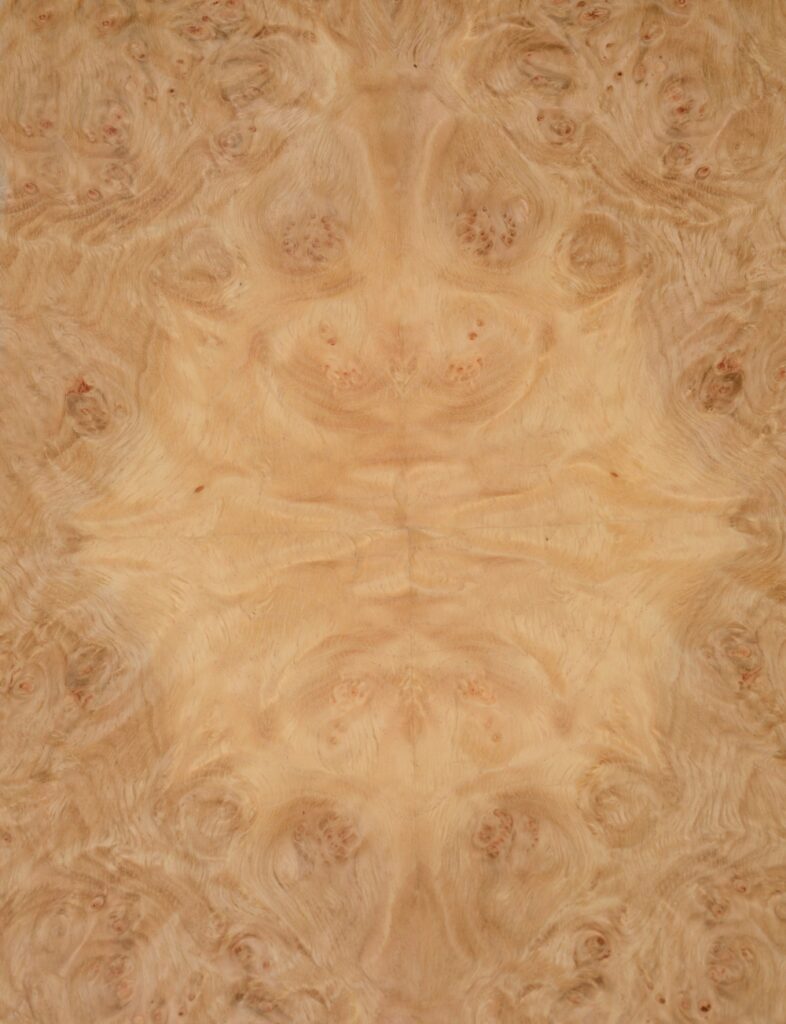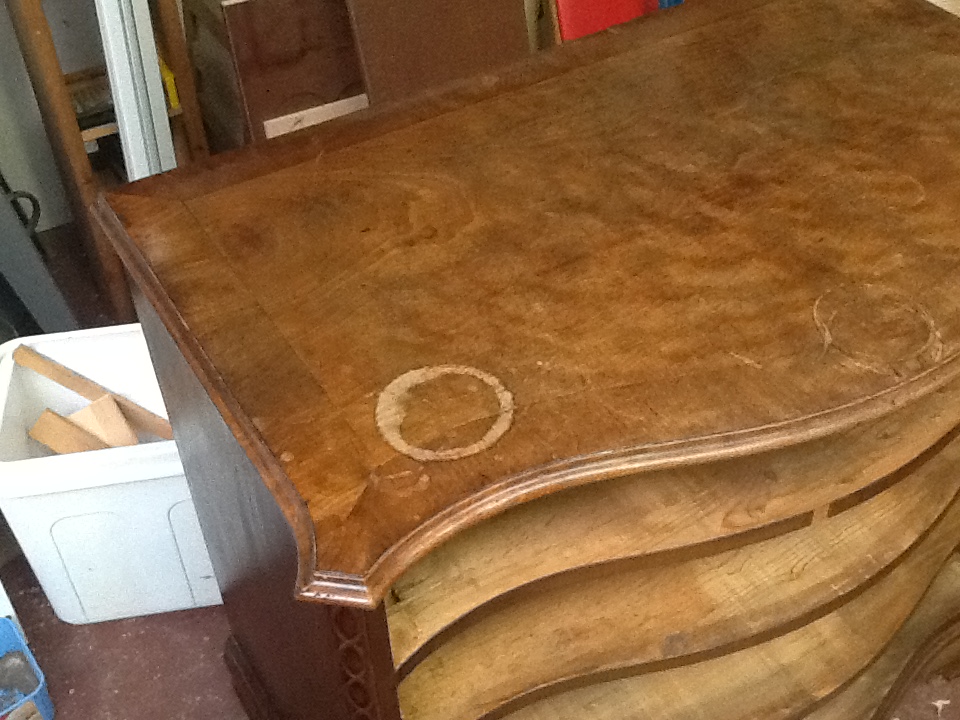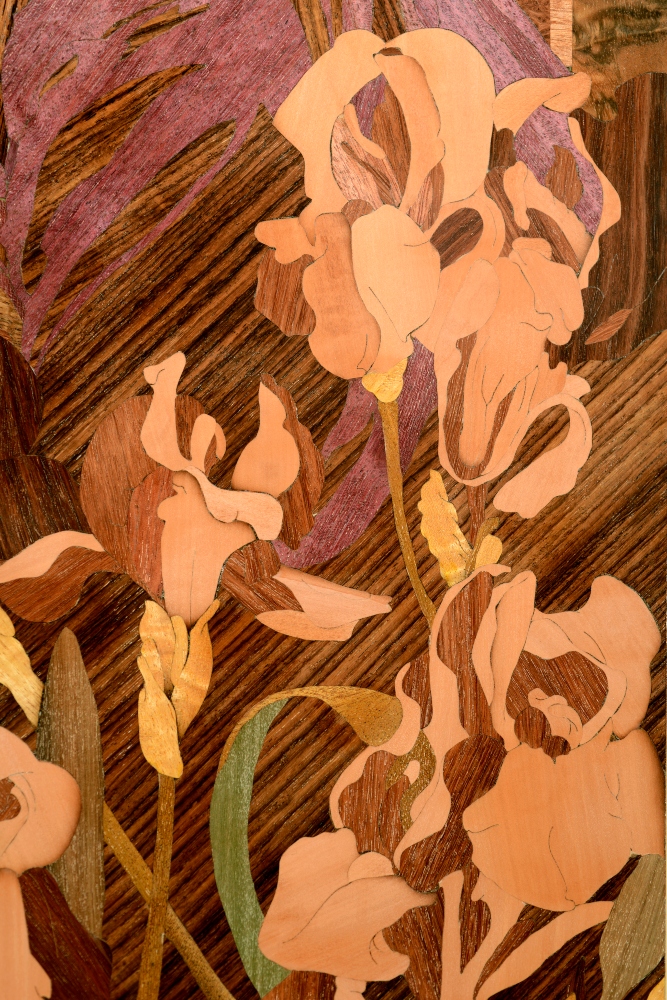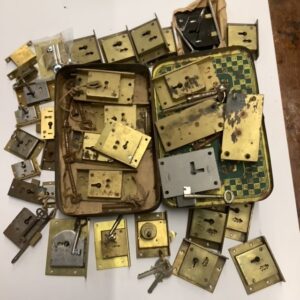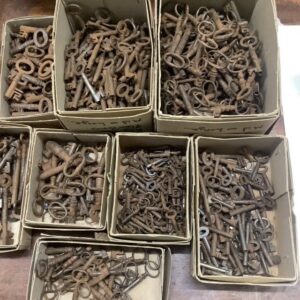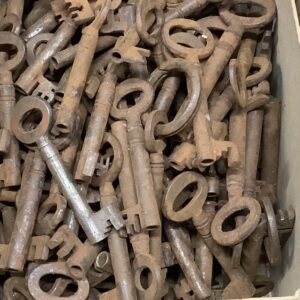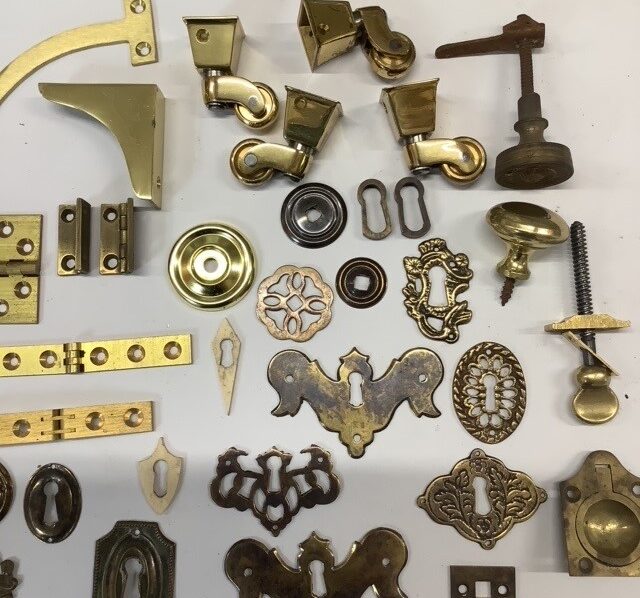Services
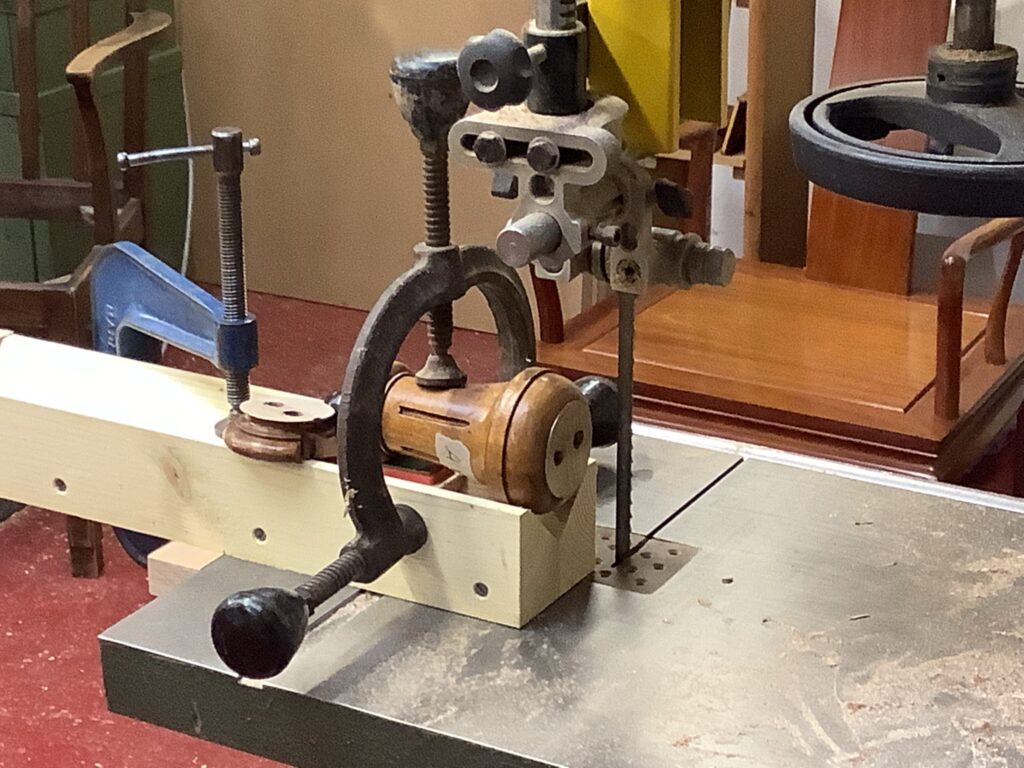
Restoration Services Offered
Although I think of myself as a cabinetmaker I spend most of my working day as a restorer. One of the attributes of a restorer is being able to revive or renew a polished surface, matching colour etc.
I seem to spend as much time with a brush in my hand as I do with a chisel!
One of the things I like about restoration is the sheer variety of work undertaken. No two jobs are exactly the same. This means that quite often an awful lot of thought has to be put into a project before it is undertaken.
Restoring
The challenge for me is to make a repair, but still retain the look, age and patination of a piece. I strive to make a repair as invisible as possible so it’s difficult to distinguish between the new work and the old.
Mostly I use traditional hide glue in various forms for my restoration work. It has many advantages. The chief one being its reversibility, which makes any subsequent repairs possible.
Fretwork
Fragile and easily damaged I can saw out new pieces. On an octagonal occasional table I replaced two of the eight pieces of curved fretwork.
Each laminated from three pieces of 1.5mm Mahogany veneer. As each piece had to be bent to a curve I introduced a small percentage of glycerine into the glue to make it flexible.
Veneering
Whether it’s a small patch or a large repair it’s a challenge to make them as unobtrusive as possible. Applied by hand with the veneer hammer, squeezing the hide glue out from under the veneer or with clamps and cauls.
When a larger surface needs completely re veneering i use the large veneer press.
I have an extensive stock of veneer, including some thicker sawn veneer, invaluable for restoration. If necessary I even saw my own.
French polishing
Unlike synthetic finishes it s possible to repair a French polished finish. Or a piece can be completely re polished depending on its condition.
I use a variety of different polishes and tint my own polish for colour polishing in order to achieve a good colour match.
Applied by hand using traditional techniques. From sanding, staining and grain filling with tinted plaster right through to rubbing out with fine abrasives, wire wool and burnishing cream, French polishing can be quite an involved process.
Carving
The delicate surface of a fine piece of carving can be prone to damage. These can be repaired or replaced. I have a good selection of carving tools at my disposal.
Waxing
A traditional finish on old furniture that can develop a deep shine over a period of time , but can easily loose its lustre.
With careful cleaning and re waxing we can re establish this lustre.
Moulding
Damaged moulding can be repaired or missing pieces replaced.
I’ve an extensive range of old moulding planes and if necessary I can sculpt them out of the solid with specialist planes known as “hollers and rounds”.
Then again, a simple profile can be machine made.
Cross grained in Walnut or straight grained in Oak or Mahogany they can be restored.


